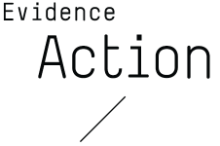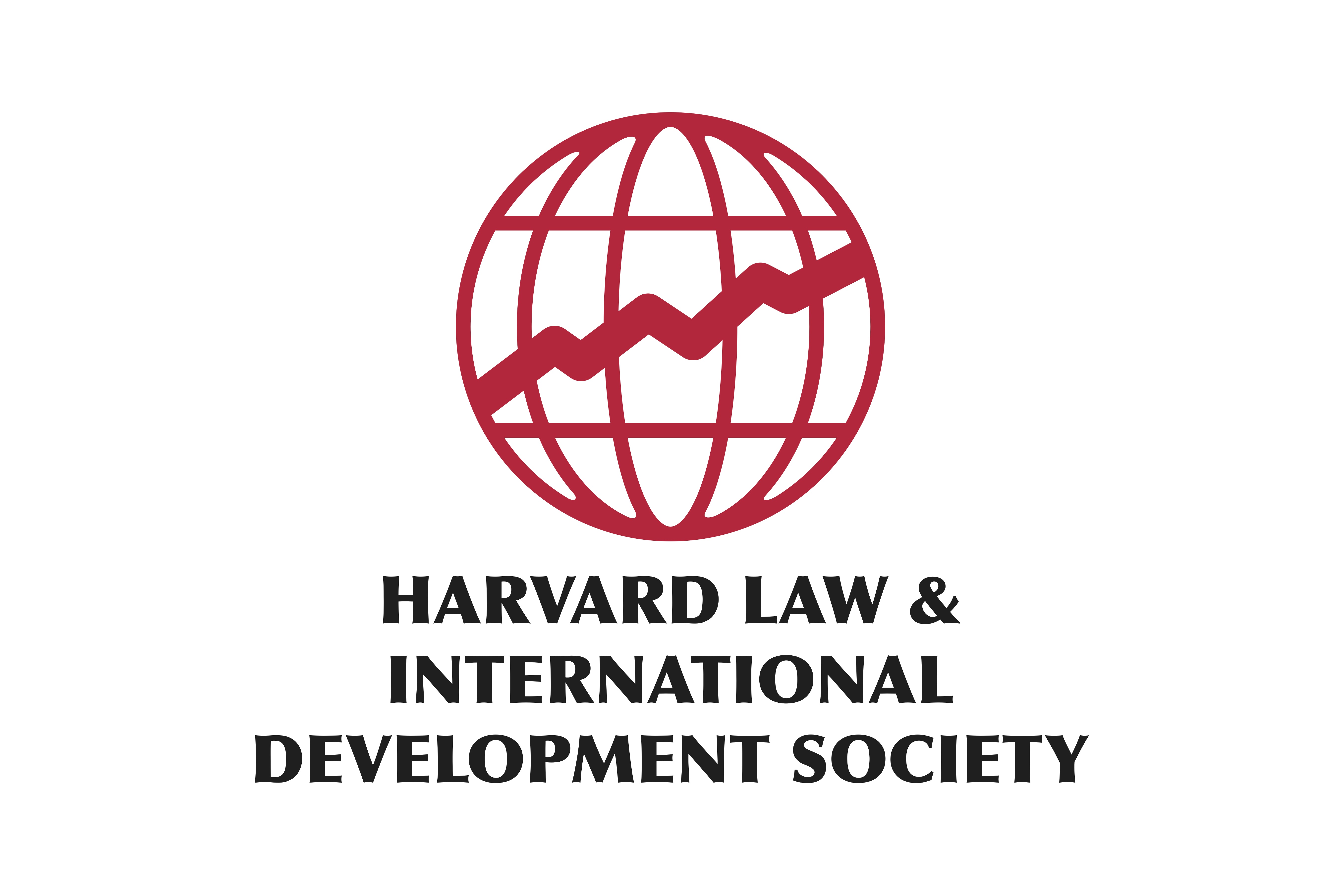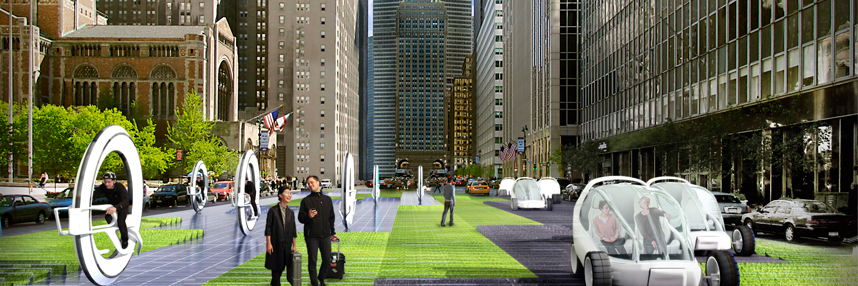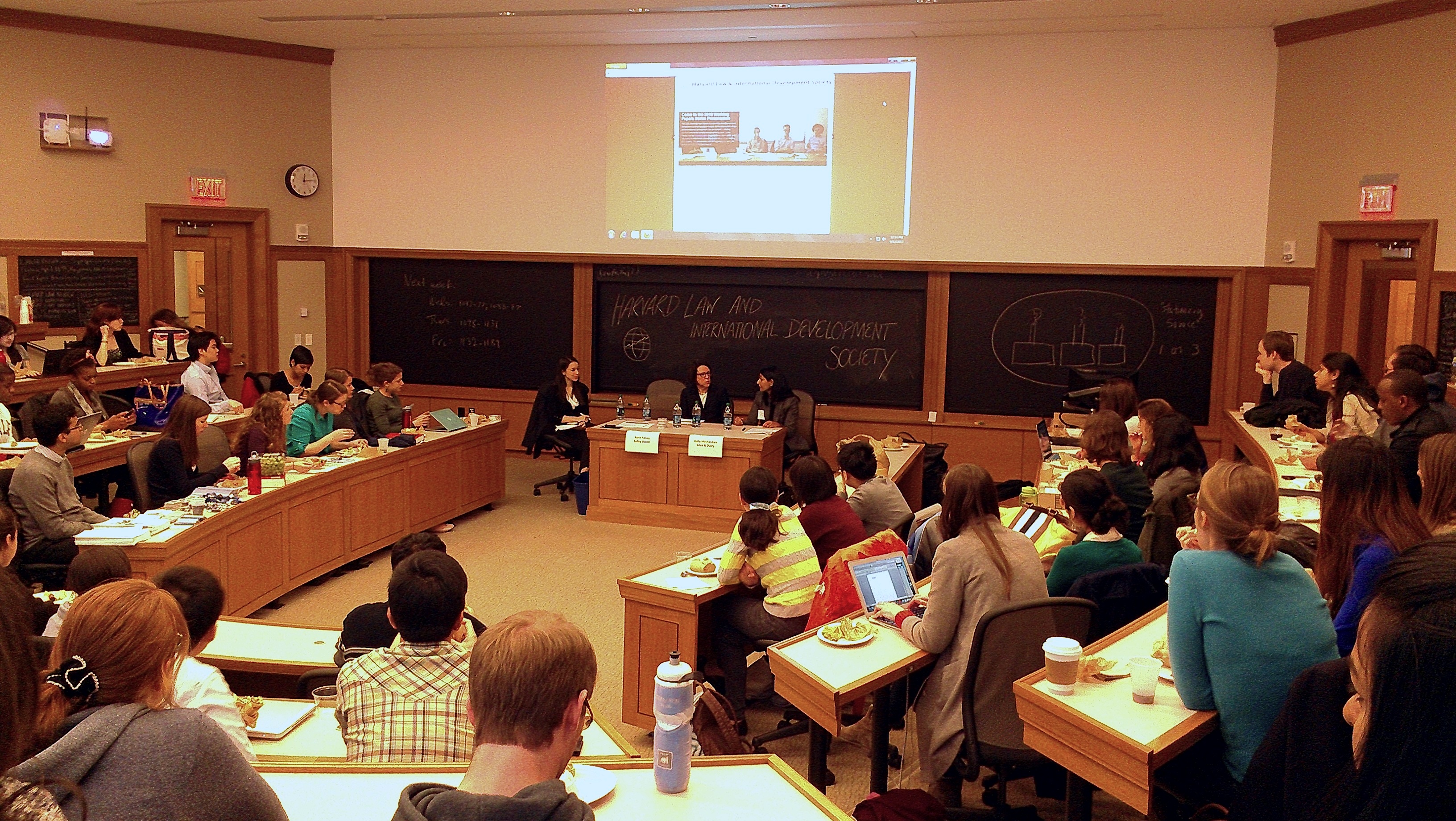Jan. 7, 2014 – Becky Wolozin
This winter break, I was on my way to the Institute of Contemporary Art this holiday season when a modern-looking green moped-car in a gallery window caught my eye, and my friends and I decided to take a detour and see what it was all about. What we found was the Boston Society of Architects gallery, BSA Space, featuring a tight-packed exhibit titled, Rights of Way: Mobility and the City. This modest and unassuming exhibit had proposals of immense proportion. The exhibit presented a plethora of architects’ and designers’ visions for how our cities could adapt to shifting urban environments, from sustainable building design to alternative modes of transportation and inventive new spaces in which to use it.
In addition to offering architects’ and urban designers’ imaginative improvements to our own American cities, the exhibit featured a number of observations and projects for the developing world. Photos along the theme of transportation, mobility, and living in urban spaces compared our own urban environment with those of many developing countries. One section of photos displayed the new Google glass and a uniquely shaped pillow for taking naps at your desk. Another display of photos depicted a very different world: riders hanging out of the doors and windows or sitting on the roof of a packed train in India and worn roads with a motorcyclist transporting furniture precariously strapped to the back of his motorcycle. Yet another set of photos depicted the pollution problems in many large Asian and South Asian cities and the different ways residents attempt to deal with them. The exhibit also featured three projects from the 2012 Audi Urban Future Award in detail, two of which were designed for urban regions in the developing world: the Pearl River Delta in China’s Guangdong Province and Sao Paolo in Brazil. (Speaking of which, check out this year’s contestants here.) The exhibit also had futuristic mock-ups of various cities “redone” with an eye to sustainable design.
I thought the exhibit combined an interesting mélange of snapshots highlighting some of the most important trends in urban living this century. Transportation and mobility are among the core challenges we face in international development, highlighted most recently on the World Bank blog.
Having just come out of taking Local Government Law with Professor Gerald Frug, my question throughout the exhibit was about how the actual and hoped-for proposals could be accomplished, as well as what role lawyers and policy-makers had in developing and implementing them. Individual cities typically have limited legal authority to make large changes locally, build infrastructure, etc., without higher government involvement, so the political will and legal structure has to either be in place or be built before any of these visions for the future can become a reality. I was also interested in how this improved mobility would be accessible to the piles of people sitting on the roof of the train in India, or help the sprawl in cities like Mexico City or Manila (although this is addressed somewhat for Sao Paolo and the Pearl River Delta). It would be interesting to take a group of lawyers working in international development through the exhibit to see what legal barriers or benefits would hinder or help the different proposals compiled by architects and urban designers.
If you’re in the Boston area, I encourage you to go visit, and leave any comments here about what you find exciting or unworkable in what you see. The exhibit is open through May 26, 2014.





